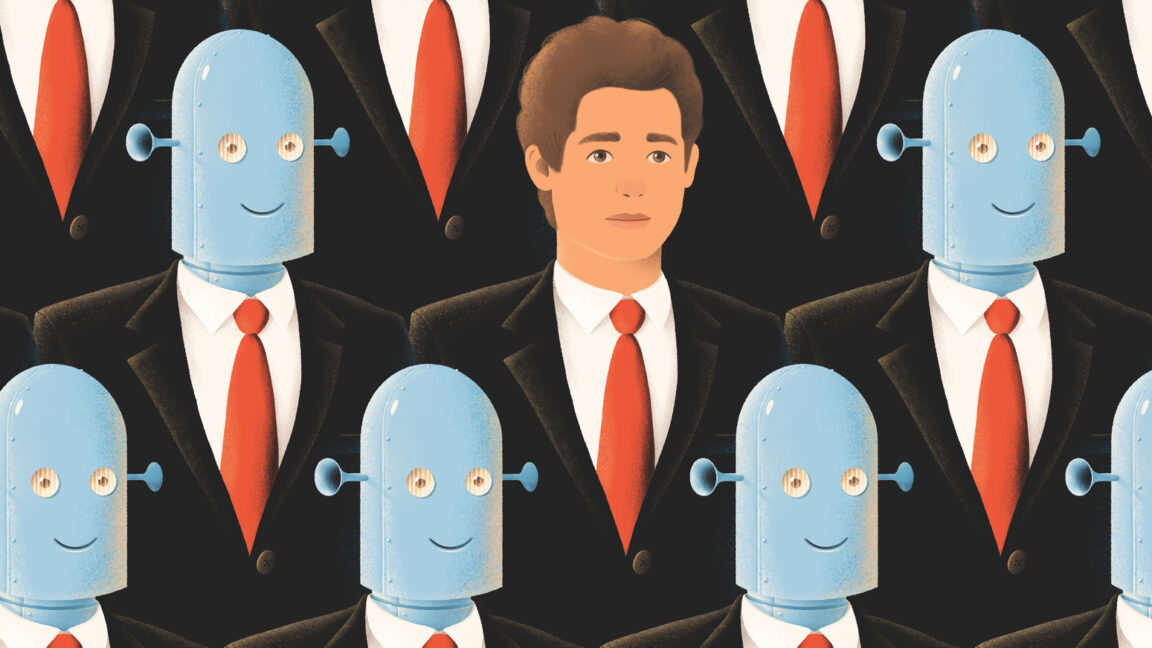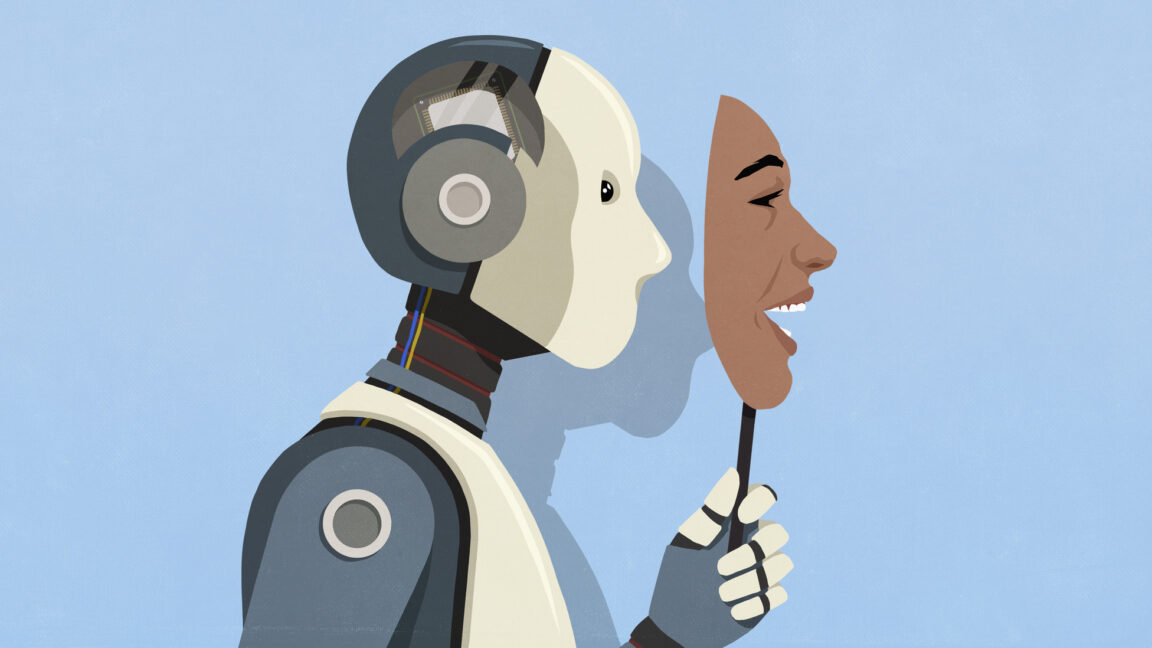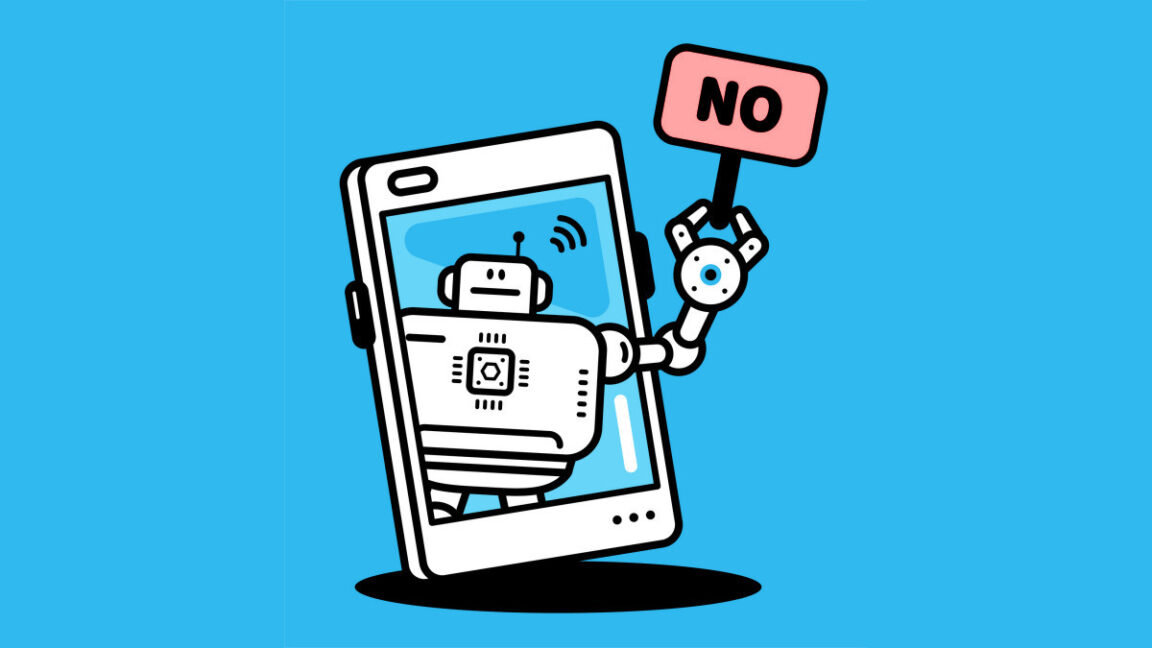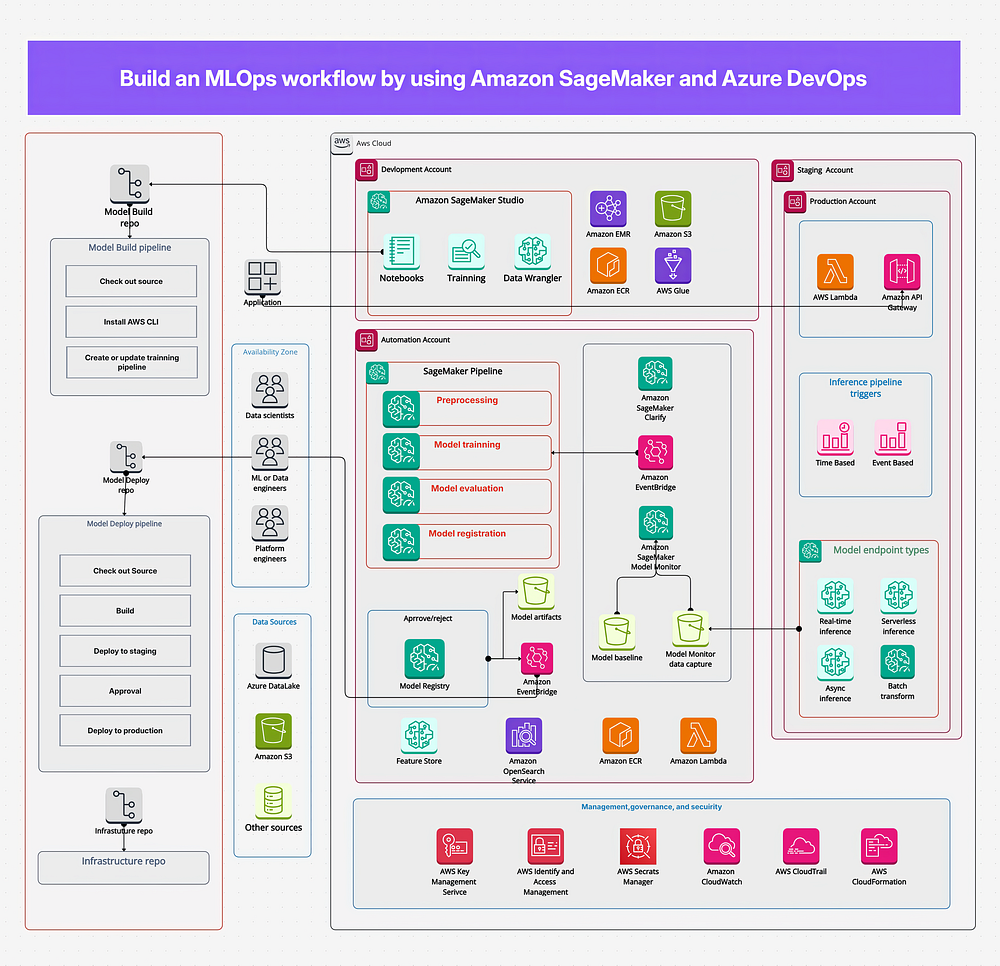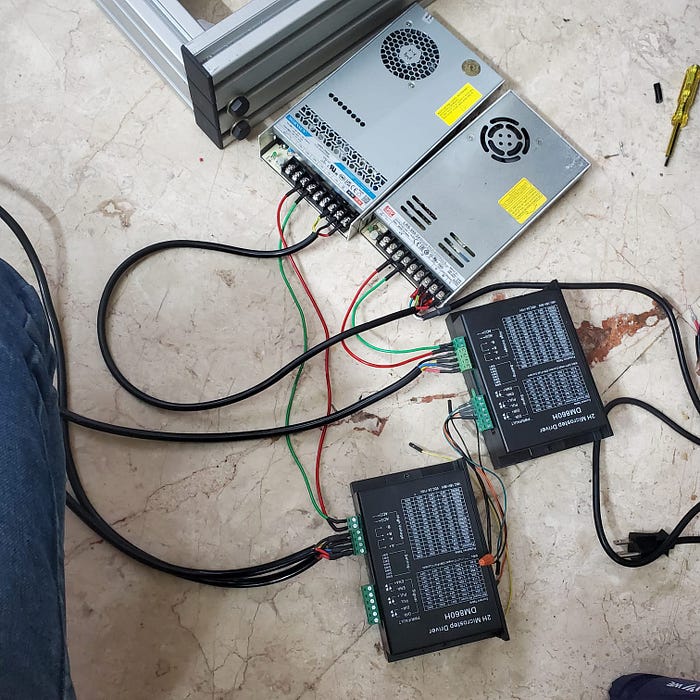Introduction to AI Avatars
In a Black Mirror-esque turn, some cash-strapped actors who didn’t fully understand the consequences are regretting selling their likenesses to be used in AI videos that they consider embarrassing, damaging, or harmful. According to reports, these actors are now facing the consequences of their decisions, with some even feeling ashamed and embarrassed by the content they appear in.
The Risks of Selling One’s Likeness
Among the affected actors is a 29-year-old New York-based actor, Adam Coy, who licensed rights to his face and voice to a company called MCM for one year for $1,000 without thinking through the potential consequences. His partner’s mother later found videos where he appeared as a doomsayer predicting disasters. Similarly, South Korean actor Simon Lee’s AI likeness was used to spook naïve Internet users, and he was also used to promote "questionable health cures on TikTok and Instagram," leaving him feeling ashamed to have his face linked to obvious scams.
The Growing Demand for AI Avatars
As AI avatar technology improves, the temptation to license likenesses will likely grow. One of the most successful companies that’s recruiting AI avatars, UK-based Synthesia, doubled its valuation to $2.1 billion in January. The company also struck a $2 billion deal with Shutterstock that will make its AI avatars more human-like. To ensure that actors are incentivized to license their likenesses, Synthesia launched an equity fund, granting options in "a pool of our company shares" worth $1 million to actors behind the most popular AI avatars or featured in Synthesia marketing campaigns.
The Fine Print
For actors, selling their AI likeness seems quick and painless—and perhaps increasingly more lucrative. However, Alyssa Malchiodi, a lawyer who has advocated on behalf of actors, warns that many actors don’t fully understand what they’re agreeing to when signing contracts. These contracts often include "clauses considered abusive," even sometimes granting "worldwide, unlimited, irrevocable exploitation, with no right of withdrawal." This highlights the importance of carefully reviewing contracts before signing.
Conclusion
The rise of AI avatars has created a new market for actors to license their likenesses, but it also comes with risks and consequences. Actors must be cautious and carefully consider the potential outcomes of their decisions. As the demand for AI avatars continues to grow, it’s essential for actors to prioritize their rights and interests.
FAQs
- What is an AI avatar?: An AI avatar is a digital representation of a person, created using artificial intelligence technology.
- Why are actors selling their likenesses?: Actors are selling their likenesses to companies that create AI avatars, which can be used in various digital content, such as videos and advertisements.
- What are the risks of selling one’s likeness?: The risks include the potential for embarrassing, damaging, or harmful content, as well as the loss of control over how one’s likeness is used.
- How can actors protect themselves?: Actors can protect themselves by carefully reviewing contracts, understanding the terms and conditions, and seeking legal advice if necessary.
- What is Synthesia, and what does it do?: Synthesia is a UK-based company that creates AI avatars and has launched an equity fund to incentivize actors to license their likenesses.


